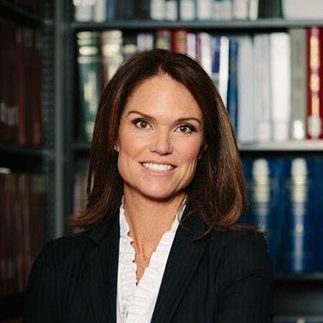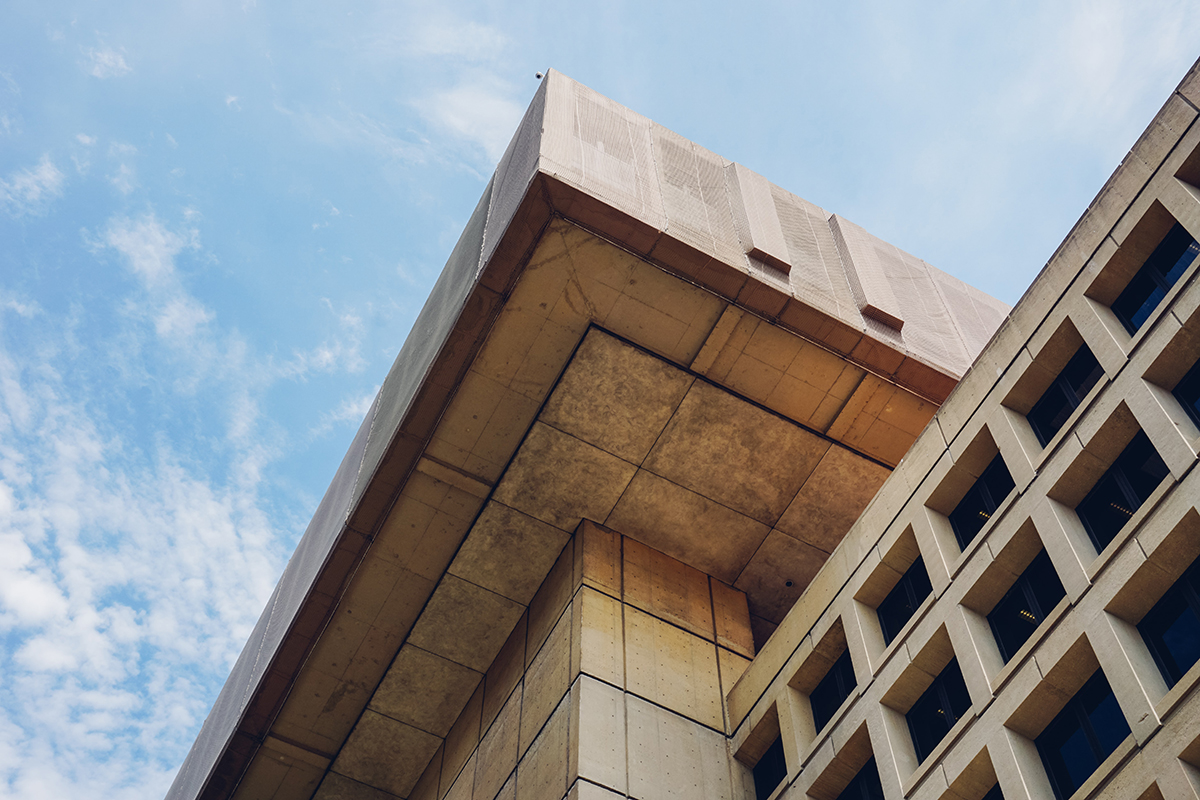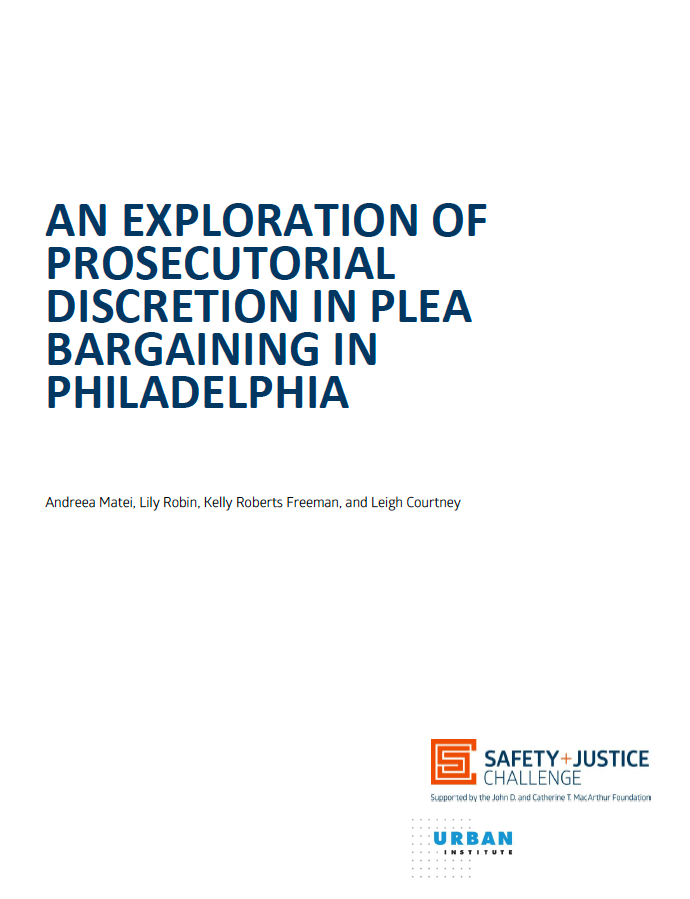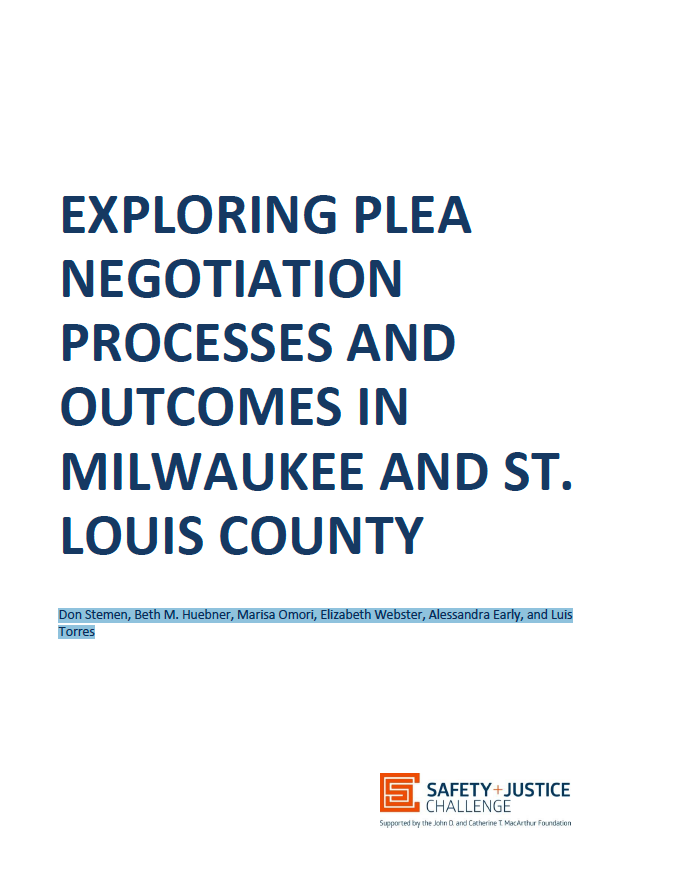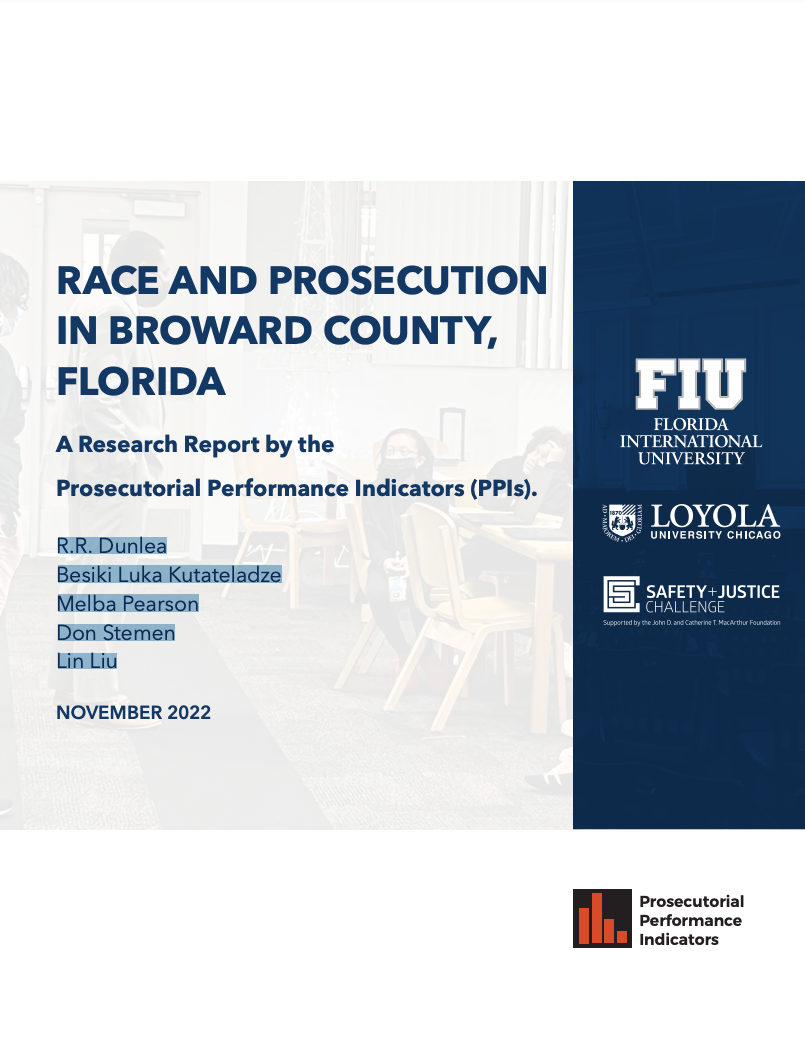Collaboration Prosecutors December 21, 2023
Prosecutors are elected by voters to protect the safety and wellbeing of the communities they serve. Removing prosecutors from office can have a chilling effect on the rule of law. It blurs the separation of powers and upends the checks and balances the three branches of government were designed to ensure.
The removal of Florida State Attorney Monique Worrell from her elected prosecutor position is one recent example, but threats to prosecutorial independence are emerging nationwide. Georgia, Tennessee, and Texas have already passed laws making it easier to remove prosecutors from office, and currently there are more than 24 bills in 16 states that would limit the power of prosecutors.
Giving governors the authority to supersede the will of voters and oust a prosecutor impedes a prosecutor’s ability to make the best decisions for their communities and erodes the separation of powers that are central to our democracy. If a prosecutor’s job is at risk, they may be reluctant to adopt promising prosecutorial practices or exercise their discretion to make the tough calls that they believe are right for their communities.
Independence is central to a prosecutor’s ability to be effective, as what a governor or legislator may consider politically popular does not always advance the mission of prosecutors to ensure justice and the safety and wellbeing of their community.
The United States Supreme Court has a long history of validating the importance of prosecutorial independence—from the recent June ruling affirming the United States government’s prosecutorial discretion in immigration to the 1935 case of Berger v. United States, which stated the prosecutor’s “compelling obligation” is “not that it shall win a case, but that justice shall be done.”
America is a patchwork of nuanced law and procedure around prosecutorial independence, but the responsibility of elected prosecutors remains constant: to use the lawful discretion of their offices to hold individuals accountable for their actions, protect victims of crime, and work to improve the safety of their communities. Prosecutors should be held accountable for fulfilling these responsibilities, rather than to the political whims of an executive branch.
Each of the three branches of state government should operate independently and none should hold greater power than another. The ramifications of one branch having the power to remove an elected official of another branch, without due process, are far reaching. Should an attorney general have the power to single-handedly remove a governor? Or should a governor have the power to remove a legislator without an impeachment trial?
Our Prosecutorial Independence Policy Brief articulates the role and duties of the prosecutor as “ministers of justice,” and underscores the importance of prosecutorial decision-making and the exercise of discretion to ensure justice, fairness, accountability and community safety. The brief addresses the core tenets of our democracy, including the separation of powers.
The prosecutor’s duty is to fulfil their role as ministers of justice, promoting more equitable, safer, and more just communities. Prosecutorial independence ensures an important separation between politics and the criminal legal system necessary to create safer communities through a more just and equitable legal system.
–The Association of Prosecuting Attorneys is a strategic ally of the Safety and Justice Challenge to uplift practices that work to keep communities safe while lowering jail populations and reducing racial and ethnic disparities.

